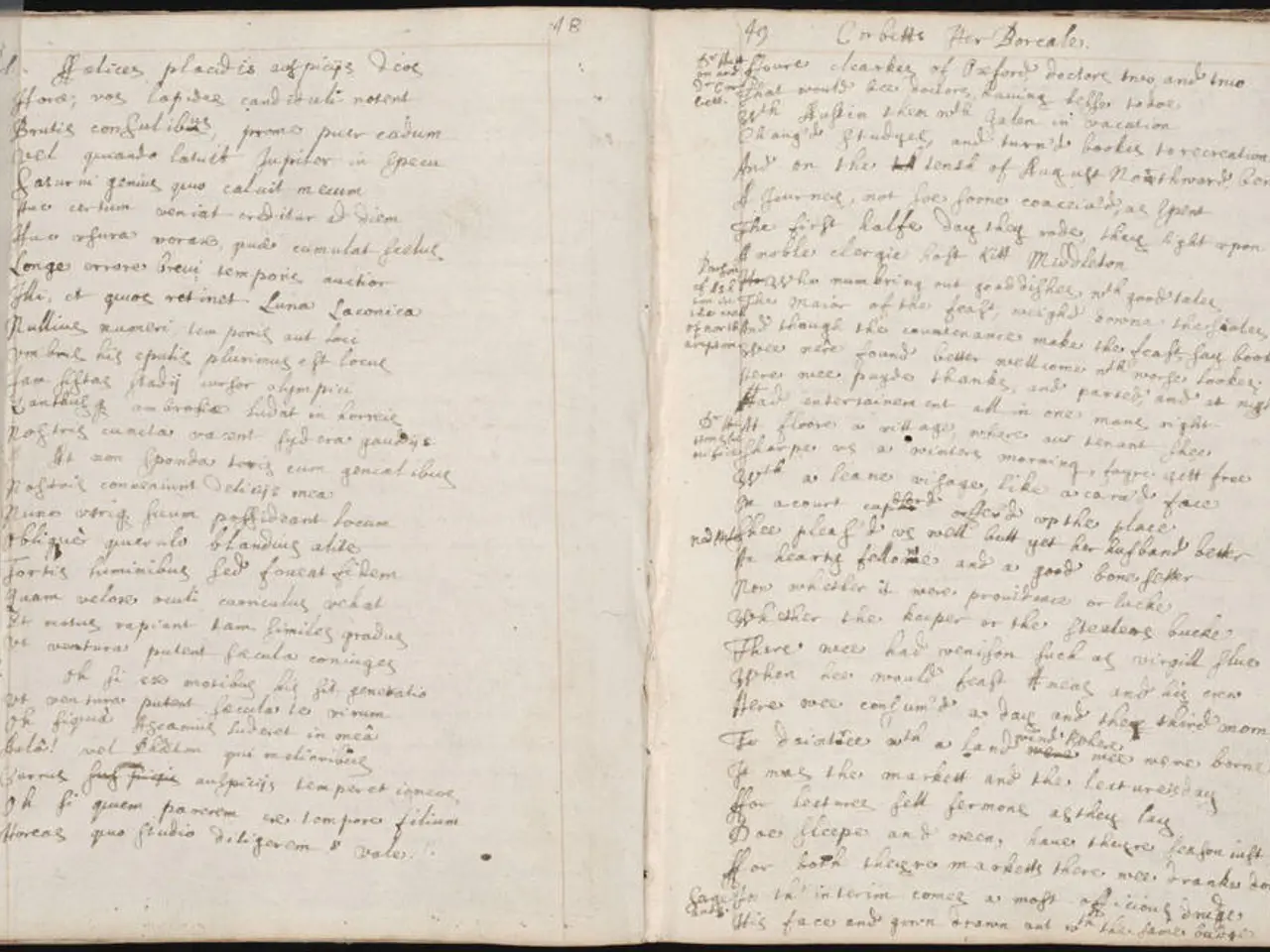Exploring unrealized lives: A contemplation on paths untaken
In the intricate tapestry of life, we find ourselves, shaped by chance, choice, and the occasional wild hunch. Every decision we make presents a new opportunity with its own unique outcomes, and it's essential to embrace the gloriously weird life that's ours.
From the 1930s, history could have taken a different course had Albert Einstein not departed from Nazi Germany. His departure might have altered the trajectory of the Manhattan Project and modern physics. Similarly, Adolf Hitler's rejection from Vienna's Academy of Fine Arts in 1907 could have led to a different career path, potentially changing the course of world history.
The longing for unlived lives is a universal feeling, often explored in literature, cinema, and history. However, this contemplation of unchosen paths can have a profound psychological impact. The 'what-if' scenarios and reflections on unlived lives during decision-making often lead to increased anxiety, decision paralysis, and a vicious cycle of overthinking.
These imagined alternatives or unlived possibilities amplify worries about negative outcomes and create internal conflicts, sometimes causing people to freeze rather than act effectively. Anxiety triggered by 'what-if' thinking causes biochemical changes in the brain, reducing activity in the prefrontal cortex (which governs logical thinking) and activating the amyggala (the brain’s fear center).
This shift primes the body for threat response instead of reasoned choice, fueling an endless cycle of worry and reinforcement of fear around decision-making, often referred to as decision paralysis. Moreover, dwelling on unlived lives and alternative scenarios can induce cognitive dissonance, where a person struggles with admitting wrong choices or regrets.
On a positive note, psychological tools such as metacognition—thinking about one’s own thinking—can help individuals recognize when they are caught in harmful 'what-if' loops and redirect their focus toward evidence-based, value-aligned choices. Developing greater self-awareness enables decision-makers to pause, evaluate their emotional state, and avoid impulsive or overly emotional decisions based on hypothetical alternate lives.
In cinema, works like the film "Sliding Doors" (1998) explore the concept of sliding-door moments, where small decisions lead to drastically different lives. Robert Frost's poem "The Road Not Taken" is another well-known expression of this longing for the unchosen path. We carry the carnival of unlived lives within us, and we can never truly know the outcomes of the unchosen paths.
Each unchosen path becomes unreachable, like an elevator button not pressed. Unchosen paths can linger as what-ifs, teasing us with the possibility of different lives. Life's pivotal moments involve the dance between chance and choice, tipping the scales towards the person we are today. Let's raise a glass to our what-if selves, too, cheering from their parallel worlds. Let's dive into the quirks and savour the surprises of our life so heartily that our what-if selves peek out from their parallel worlds.
In summary, 'what-if' scenarios and the contemplation of unlived lives tend to create psychological barriers that can hinder decision-making through anxiety, regret, and cognitive bias. Effective management involves recognizing these patterns, applying metacognitive strategies, and balancing rational analysis with emotional awareness to prevent paralysis and promote better outcomes.
- Even our lifestyle choices, such as picking a career in fashion-and-beauty over home-and-garden, food-and-drink, or relationships, can have profound impacts on our life's trajectory, echoing the same logic as Albert Einstein's departure from Nazi Germany.
- Each travel destination we choose presents a unique set of experiences, just like Adolf Hitler's rejection from the Academy of Fine Arts in 1907, which might have steered history onto a different course.
- When we contemplate the unlived life of never trying a new cuisine in our food-and-drink adventures, or the life we would have had if we pursued a certain relationship, we might find ourselves grappling with increased anxiety and decision paralysis, mirroring the impact of unchosen paths on decision-making as explored in "Sliding Doors" and Robert Frost's "The Road Not Taken".




